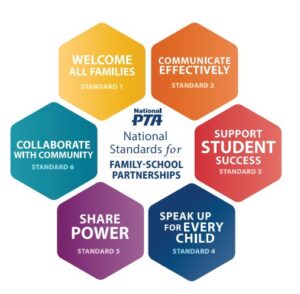Building Relationships
Over the course of your education to become a teacher you will most likely hear a lot about the value of forming good relationships with your students and their families. It may sound like a “no-brainer”, but its importance cannot be overstated. According to the Room 241 Team (Concordia University Portland, 2018), “…for children who have been affected by trauma, strong connections are vital. Rich relationships with teachers help children form the foundations of resilience” (para. 3). Venet (2018) echoed the value of relationship building as part of the delicate balancing act of working with trauma-affected students. The author stated that “…students who have experienced trauma, start by flipping traditional classroom paradigm: Relationships have to come before content…” (para. 6). This applies to students living with trauma and all of your students. The more you know and understand your students, the better.
Connell (2016) suggested ten ways that a teacher can build relationships with their students:
- Greet each student every day with both a hello and a good-bye.
- Use letters and questionnaires to help you find out about your students.
- Get parent input if you can.
- Appeal to your students’ interests.
- Speak to students with respect.
- Attend outside activities.
- Let students inside your world (with appropriate boundaries, of course).
- Let your students have a voice.
- Be real.
- Trust that they will all do great things.
As you move forward in your education, be sure to always remember the importance of listening. So many students are not listened to at home. People are distracted. Do your best to have your students feel heard and valued. It can make all the difference in the world.
-America’s Promise Alliance, 2015
It’s also important for teachers to connect to students’ families and communities. Author and educator Rachelle Dené Poth (2023) writes, “Building a strong home-to-school partnership with families is important throughout the school year. Students need to have consistent support both in and out of the classroom, and the best way to achieve this is by establishing relationships between the school community and families and students that we support” (para 1). The National Parent Teacher Association suggests six standards for home school relationships that can guide this work: Welcome all families, communicate effectively, support student success, speak up for every child, share power, and collaborate with community (PTA, 2023).

(https://www.pta.org/docs/default-source/files/cfe/2023/national-standards-for-family-school-partnerships-one-pager.pdf)
